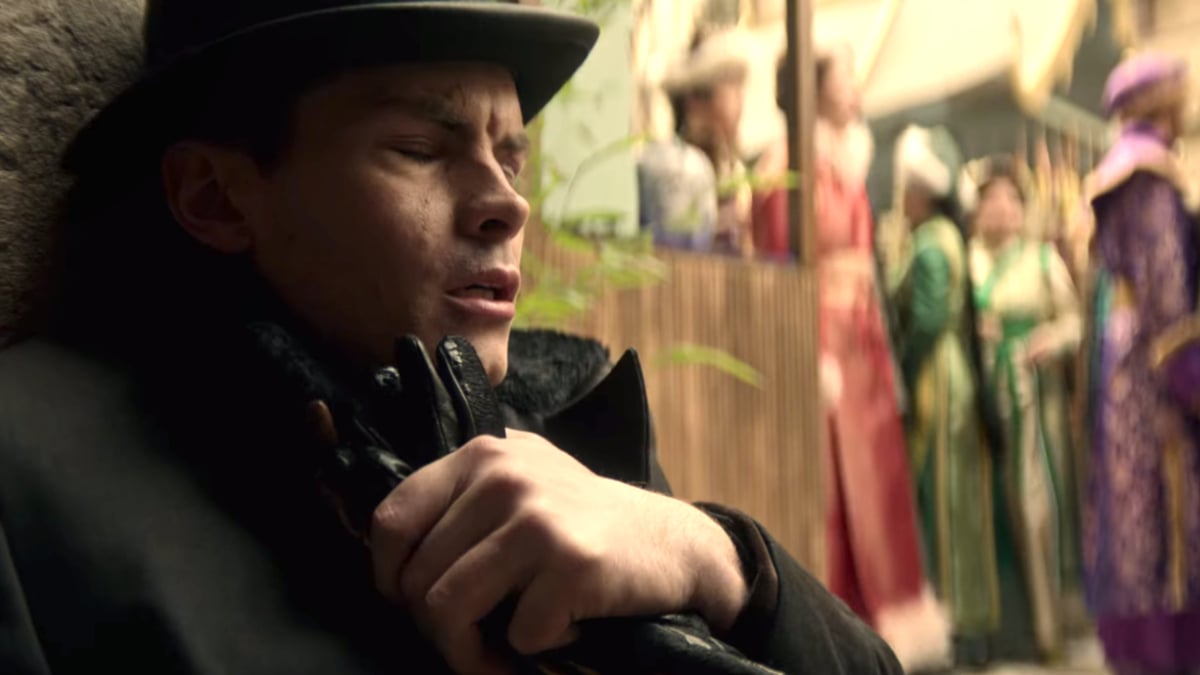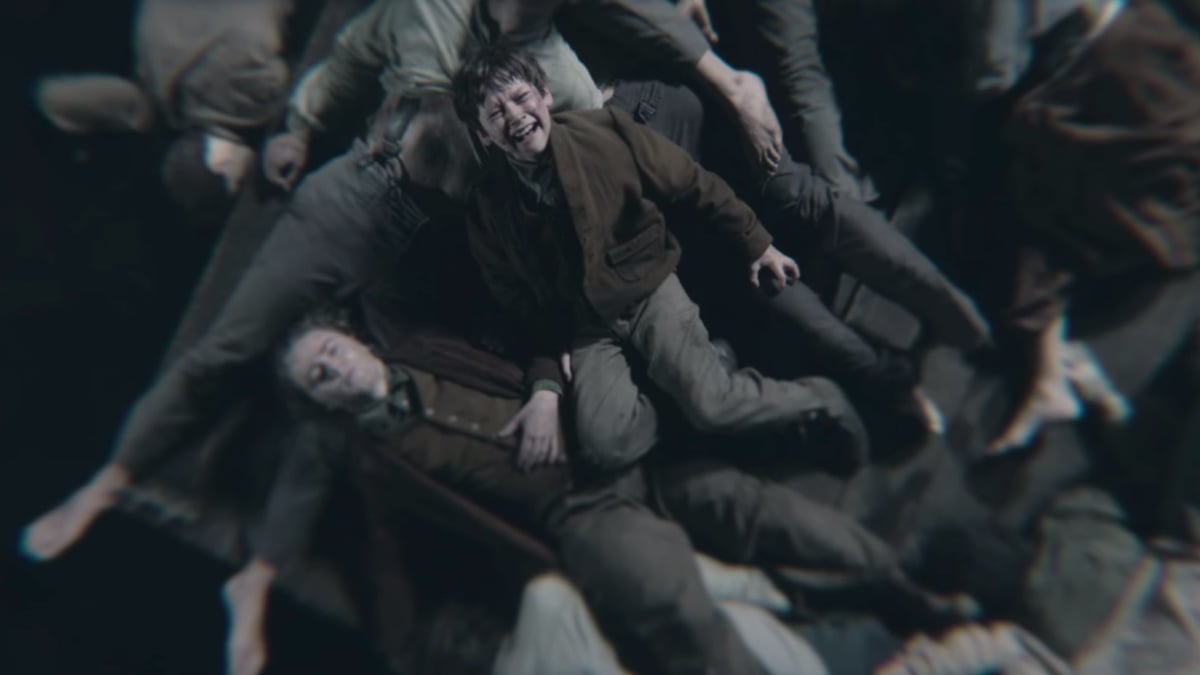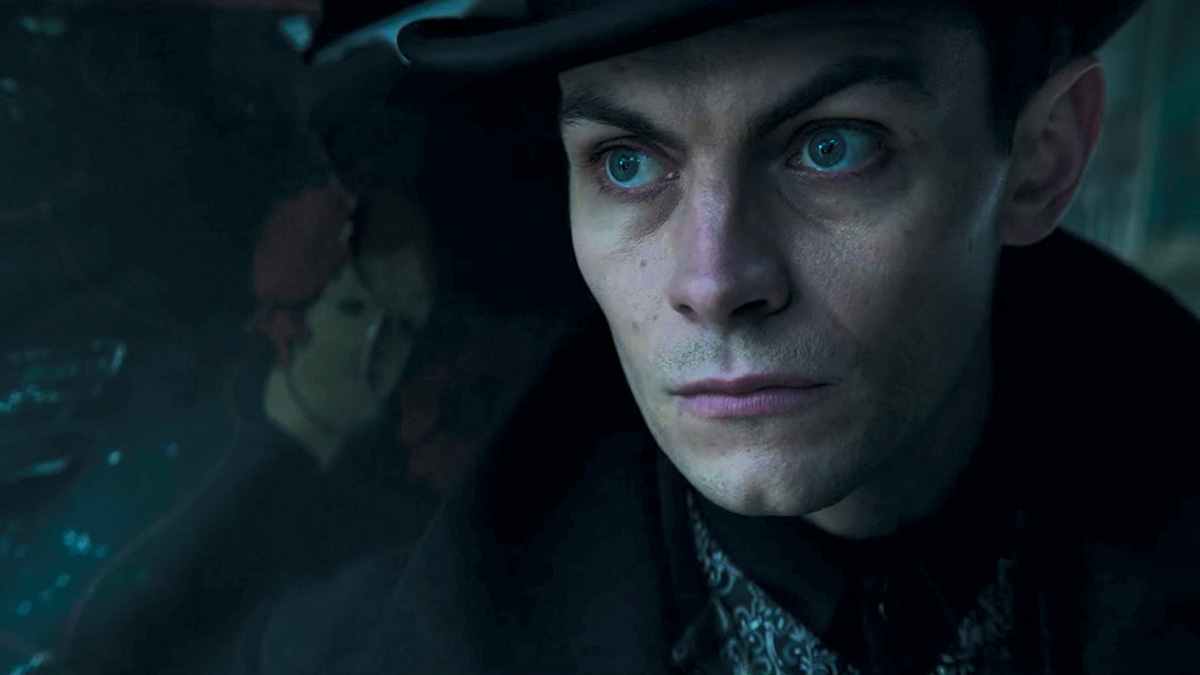The Crows are, without fail, one of the strongest parts of Netflix’s Shadow and Bone adaptation.
Part of the culprit behind this development, despite the fact that the show is centered around — and even named after — Alina Starkov’s adventures, is likely the way their story is playing out. While Netflix’s adaptation doesn’t provide a flawless interpretation of the characters (where is that rock salt rasp we’ve read so much about?) it’s managed to capture the soul of characters like Jesper, Inej, and Nina in a wonderfully enjoyable way, and viewers continue to flock to the Crows’ somewhat rushed, but undeniably delightful, interjections into Alina’s overarching story.
Considering Alina is busy trying to save Ravka, while the Crows mostly watch their own backs and steal stuff, the gap between Shadow and Bones’ two storylines is even more emphasized. With season two in the rear-view — and hopes for a Six of Crows spin-off at an all time high — viewers are taking a hard look at the show’s most popular characters. The trauma that helped shape Kaz into the man he is today got a relatively expansive re-examination in season two of the series, but some fans are still wondering exactly what plagues the Crows’ grim leader.
Kaz Brekker’s mental illness

Kaz suffers from a condition called haphephobia — an intense fear of being touched. This stems from trauma he suffered in his childhood, after he and his older brother first arrived in Ketterdam.
When Kaz and Jordie’s father died, the brothers decided to sell their family farm and move to the city, where Jordie had ambitions of striking it rich as a businessman. Instead, he was tempted into a scheme by Pekka Rollins — under the false name Jakob Hertzoon — and the boys lost everything.
Homeless and impoverished, the brothers fell victim to the plague when it swept through Ketterdam, and Jodie lost his life. Kaz, cripplingly ill as well, was assumed dead when the body collectors came through, and he was brought — along with his brother — to the Reaper’s Barge, where the overflow of corpses was stashed during the worst of the outbreak. There, Kaz awoke to find himself surrounded by decaying, waterlogged corpses, with his brother among the dead.

His survival of the plague was, in many ways, a curse, as Kaz found himself weak and stranded far from dry land. Eventually, facing death among his grim, bloated companions, Kaz made the decision to fight for his life. He used his brother’s body as a floatation device to reach shore, but the experience left him with deep trauma. His memories of the Reaper’s Barge, and his brother’s decomposing body, turn the sensation of physical touch into a horrific trigger for Kaz. He gradually loses the ability to tolerate touch of any form, and takes up the use of gloves, to excuse his distaste for physical contact. This, paired with his brutal reputation, largely stops anyone from discovering Kaz’s one major weakness.
Kaz suffers an elevated heart rate, nausea, and even full-blown panic attacks when his skin is exposed, and when he can’t avoid physical contact. The memories of his brother’s body, and waking up surrounded by corpses, haunts Kaz whenever his hands are bare, and when he finds himself in crowded spaces — where physical touch is all but guaranteed.
All of these symptoms line up with the real-world symptoms associated with haphephobia. The anxiety disorder does not result in pain or physical discomfort, but those suffering from it can be utterly paralyzed by the fear of touch. It is also often associated with other conditions, including PTSD — which Kaz certainly has from his time on the Barge — and OCD, which does seem to be an apt fit for Kaz. He certainly likes to be in control, and when a situation veers out of his command, he tends to unravel.
Should Shadow and Bone fans get the Six of Crows spinoff we deserve, we might just get a deeper glimpse into Kaz’s unique condition. He can’t keep those gloves on at all times, after all.

